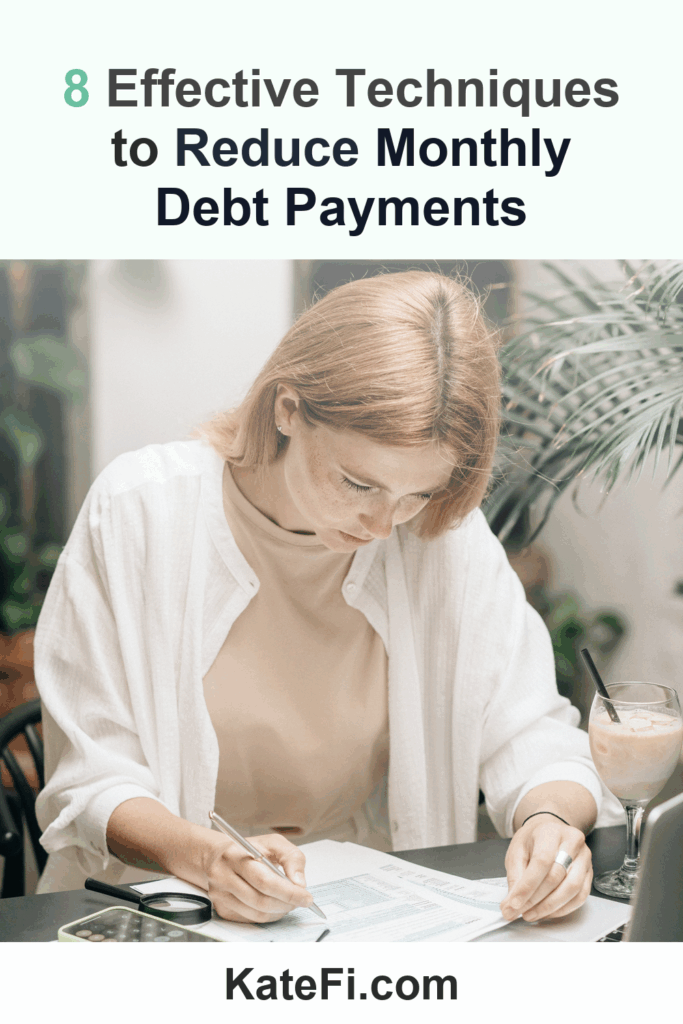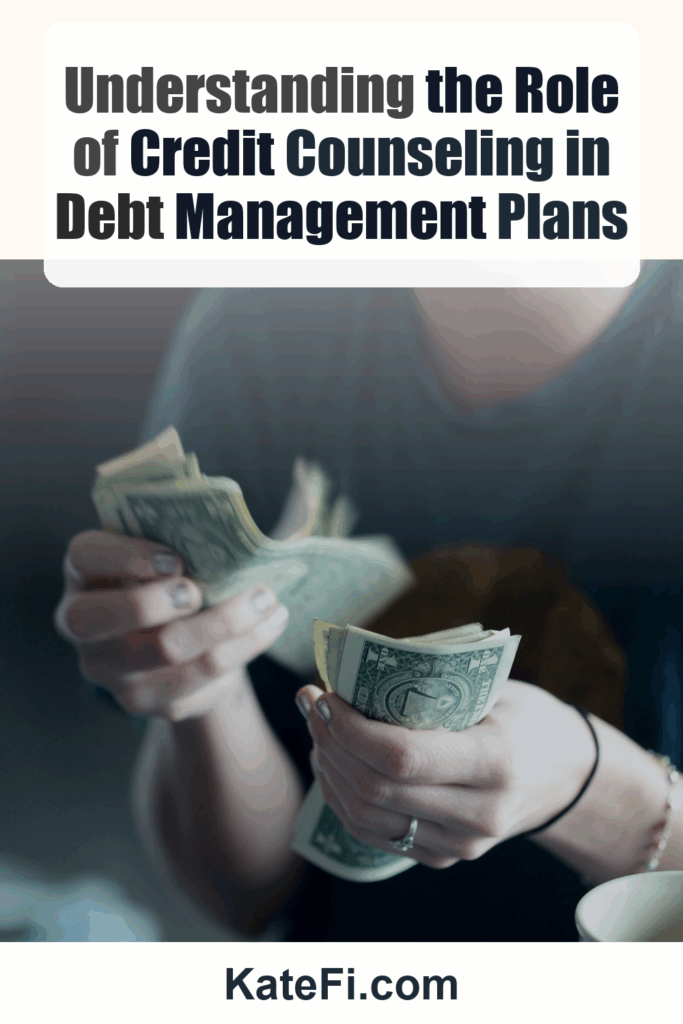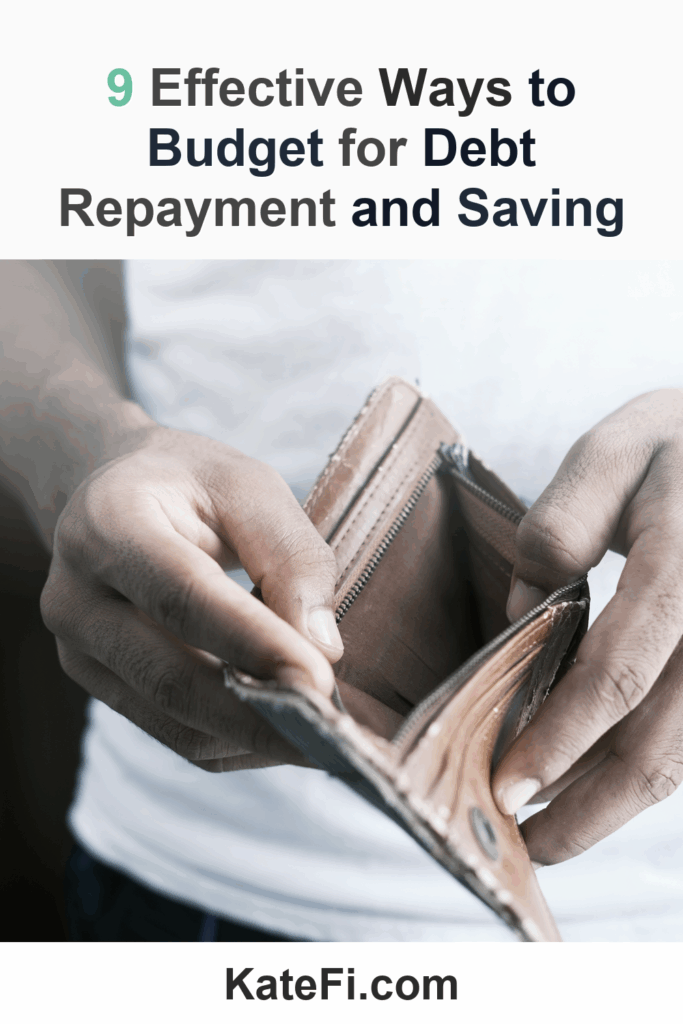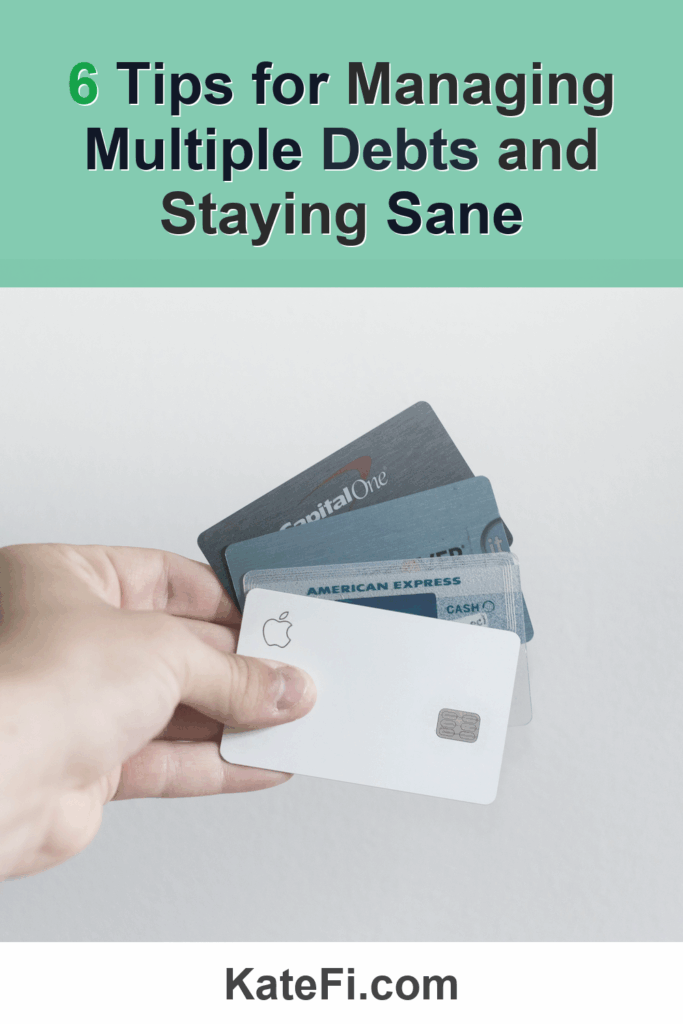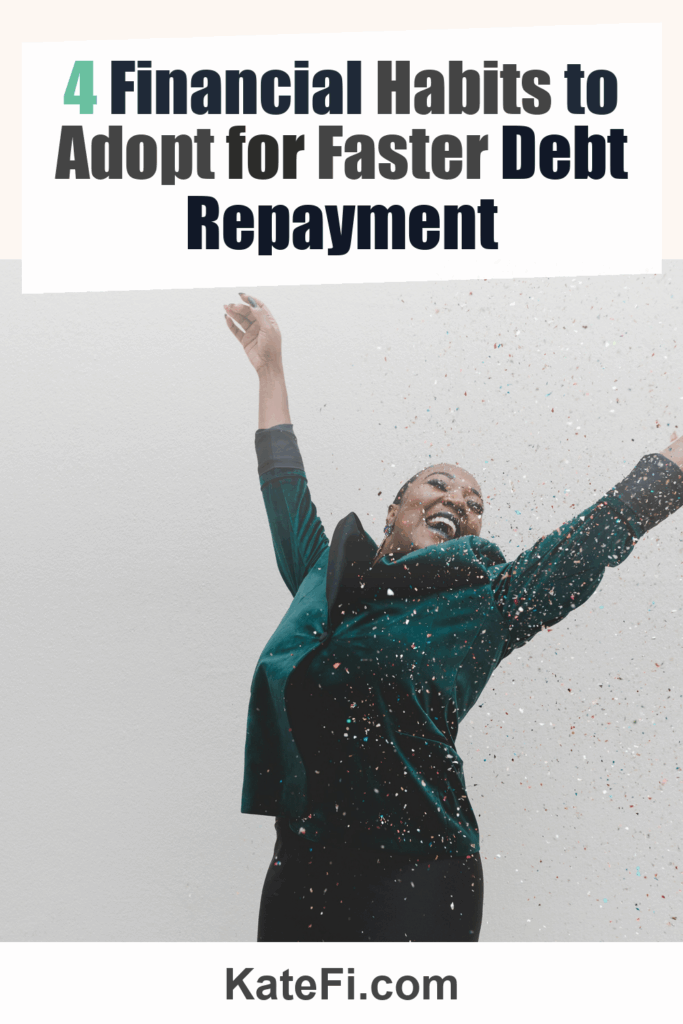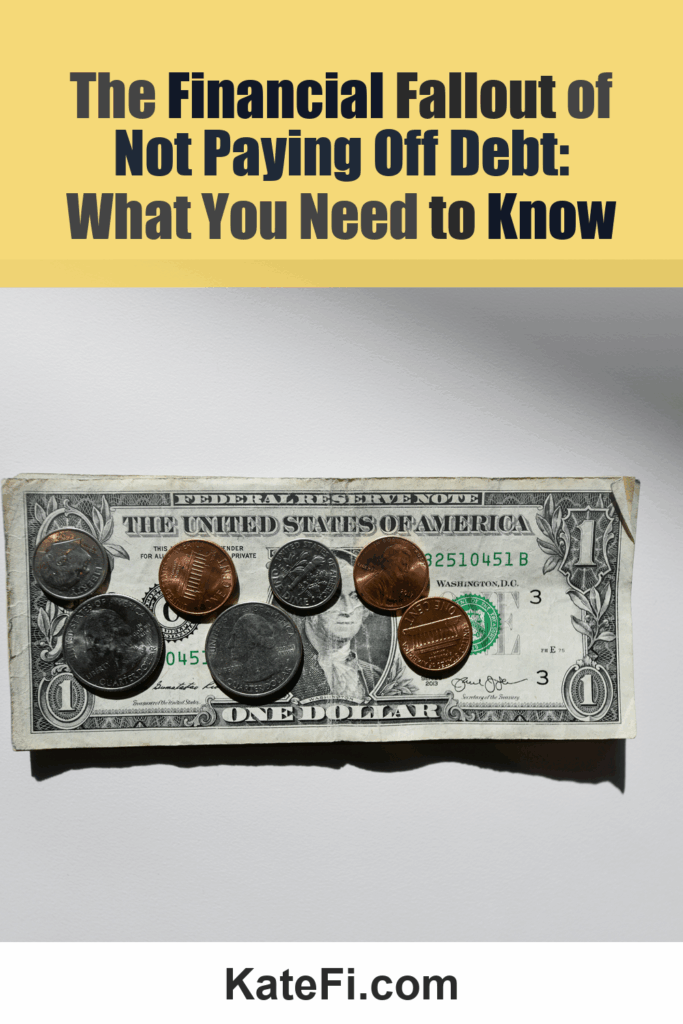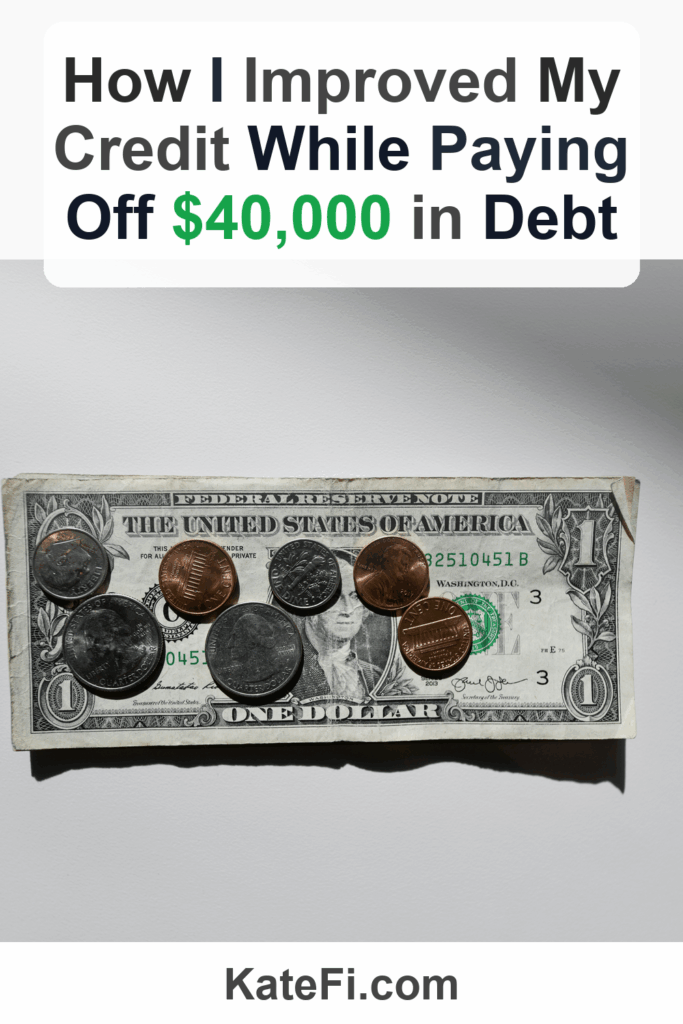5 Financial Strategies to Keep in Mind While Negotiating Debt
Debt can feel like an insurmountable mountain, particularly if you find yourself navigating negotiations with creditors. While it can seem overwhelming, several strategies can assist you in not only negotiating better terms but also in accelerating your path to financial freedom. In this post, we’ll explore five financial strategies that focus on securing favorable outcomes during debt negotiations and highlight how side-income micro-wins can aid in your debt repayment journey.
Love our content? Show your support by following us — pretty please!🥺
FOLLOW ON PINTEREST
Hi! I’m Kate, the face behind KateFi.com—a blog all about making life easier and more affordable.
Additionally, if you’re considering exploring your options in more detail, getting a free consultation can help you review potential solutions tailored to your situation.
1. Know Your Debt: Gather Essential Documents
👉 Start Your Free Debt Relief Review
Not available in IL, KS, OR, TN, UT, WV.
Before entering into negotiations, it’s crucial to have a clear understanding of your debts. This means collecting all relevant documents, including:
- Loan agreements
- Credit card statements
- Past due notices
- Payment history
Gathering this information will not only help you understand the specifics of what you owe, but it will also empower you during negotiations. A well-prepared individual demonstrates seriousness and preparedness, leading creditors to take you more seriously.
In terms of timing, start collecting your documents well before any scheduled negotiations. This gives you a solid foundation upon which to base your discussions and may even provide leverage if discrepancies arise.
2. Consider a Debt Relief Program
Debt relief programs can be an excellent option for individuals who feel overwhelmed. These programs often negotiate with creditors on your behalf to reduce the total amount of debt you owe or lower your monthly payments.
| Debt Relief Program | Pros | Cons | Fees | Credit Impact |
|---|---|---|---|---|
| Debt Settlement | Can reduce total debt | May have tax implications | Variable, typically 15-25% of settled amount | Short-term decrease |
| Credit Counseling | Structured repayment plans | Requires discipline | Usually free or minimal | No immediate impact |
| Debt Management Plan | Consolidation of debts | May take longer to pay off | Usually a small monthly fee | Limited impact if payments made on time |
Results, eligibility, and fees will vary based on your individual situation and state. Hence, it’s advisable to explore your options carefully and seek professional guidance. A great starting point could be getting a free consultation.
3. Small Income Boosts: Harnessing Micro-Wins
What You’ll Learn on the Call
- Estimated timeline and monthly payment range
- How credit may be affected in the short term
- What documents to gather to move faster
Not available in IL, KS, OR, TN, UT, WV.
While negotiating, consider how small side-income opportunities can provide the financial cushion you need to facilitate your debt payoff. Even minor income increases can lead to substantial impacts on your overall debt repayment plan.
Ideas for Micro-Wins:
- Freelancing: Utilize your skills in graphic design, writing, or marketing to take on freelance projects. Websites like Upwork or Fiverr can help connect you with clients.
- Selling Unused Items: Conduct a thorough home audit and sell items you no longer use. Platforms such as eBay, Poshmark, or Facebook Marketplace make it easy to declutter and earn extra cash.
- Part-time Gigs: Consider taking on part-time work, such as rideshare driving or food delivery. Flexible hours make this an ideal option for many.
These incremental income gains can be strategically directed toward your debt, making a significant impact over time. Imagine applying just an additional $100 monthly towards your highest interest debt; over a year, this translates to $1,200 reduced from your debt load.
✅ See If You Qualify for Debt Relief
4. Timing Your Negotiations: Know When to Ask
Timing is an essential aspect of successful debt negotiations. Research has shown that contacting creditors at the beginning of the month, just after billing cycles, can lead to better outcomes. At this point, creditors may be more amenable to negotiations to avoid escalating collections processes.
Another important consideration is to time your approach after you’ve received a lump sum from a side gig or seasonal work. You can propose a one-time settlement that might be much more favorable to the creditor than simply resuming standard payments.
Also, be prepared to remain patient. Negotiating may take multiple conversations and can require time to get through the decision-making channels of larger financial institutions.
5. Assessing the Credit Impact
Lower Your Unsecured Debt
If you have $5,000+ in credit card or personal loan debt, a free consult can review options like settlement or hardship plans.
- One-on-one call to review your debts and goals
- See potential monthly payment reductions
- No obligation to enroll
Not available in IL, KS, OR, TN, UT, WV.
While debt negotiations and settlements can provide relief, it’s essential to consider the impact on your credit score. Generally, debt settlement can negatively affect your credit in the short term, primarily if accounts are marked as “settled” instead of “paid in full.”
Here are some points to consider regarding credit impact:
- Short-term drop: You may experience a temporary decrease in your credit score after debt settlement or missed payments.
- Long-term benefits: Reducing your total debt load can positively impact your credit in the long run if managed properly.
- Continued monitoring: Regularly check your credit reports to ensure all entries are accurate. Disputing errors can improve your credit profile over time.
To mitigate risks to your credit score during this process, focus on making timely payments on any remaining debts and using your available credit wisely. Establishing a new payment routine may also assist in rebuilding your credit standing faster.
✅ See If You Qualify for Debt Relief
Putting It All Together: Your Action Plan
To recap, here’s a practical checklist that can assist you as you prepare for debt negotiation:
- Gather your documents: Compile loan agreements, statements, and payment history.
- Assess your options: Research different debt relief programs and choose the best fit.
- Identify side-income opportunities: Look for ways to earn extra money and allocate it toward your debt.
- Choose the right timing: Consider when to contact creditors and prepare for multiple discussions.
- Monitor your credit: Keep track of your credit score and report changes that occur during this process.
Remember, tackling debt doesn’t have to be an isolating experience. Seeking help from professionals can provide you with the guidance necessary to navigate your specific situation. For a personalized assessment of your options, don’t hesitate to get a free consultation today.
Important: This content is for education only—not legal, tax, or financial advice. Results and eligible programs vary by situation and state. Fees apply if you enroll and complete a program. Debt relief can affect credit; missed payments may lead to collections/lawsuits. Not available in IL, KS, OR, TN, UT, WV.
Financial freedom is within reach, and with the right strategies, you can approach your debt with confidence and clarity. Embrace these strategies to not only negotiate your debts effectively but also to use micro-wins as a way to accelerate your journey toward financial independence.





